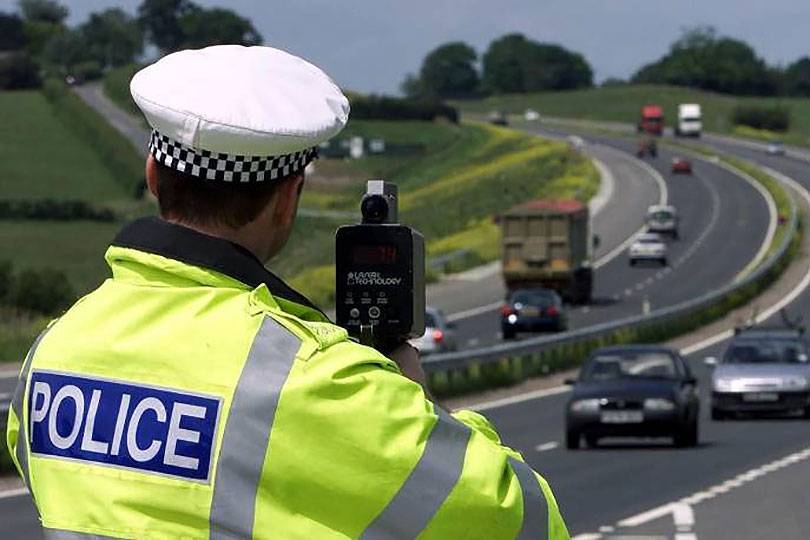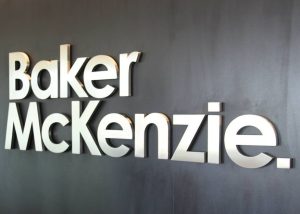Tribunal Rules City Solicitor Did Not Lack Integrity Over Breathalyser Refusal.
A City solicitor who was arrested after failing to provide a breath sample has been cleared of lacking integrity, a tribunal has ruled.
James Rafferty, a solicitor at Baker McKenzie, was stopped in May 2023 after driving at speeds between 65mph and 90mph while “wandering about the lanes,” with a police officer noting that at one point he “almost collided with a bus.”
Rafferty was arrested for failing to provide a breath sample and promptly reported the incident to his regulator. He pleaded guilty in criminal proceedings, receiving a £3,800 fine and a 17-month driving ban, which was reduced by 17 weeks upon completion of a rehabilitation course.
The Solicitors Regulation Authority (SRA) then brought the matter before a tribunal, alleging that Rafferty had shown a lack of integrity. The SRA claimed that its fining powers, which extend up to £25,000, were insufficient to deal with the case. Rafferty admitted to failing to uphold public confidence in the profession and the rule of law but denied a lack of integrity. In its judgment, the tribunal sided with Rafferty, stating that “it was not unusual for an offender to disagree with some aspects of the case against them” and noting that he “entered a guilty plea at the first opportunity and acted with complete transparency with his regulator throughout.”
While his actions were described as a “significant error of judgment,” the tribunal recognised that Rafferty had shown “deep remorse,” apologised, and accepted responsibility. As a result, the tribunal considered his conduct to be “moderately serious” and imposed a fine of £2,500.
No order was made regarding costs.
Rafferty had previously offered to pay the SRA a £10,000 fine, which was rejected, and sought to recover nearly £11,000 in costs. However, this request was rejected on the grounds that the case was “properly brought” and that the SRA had succeeded in part, albeit on the parts already admitted.
The SRA's application for £6,000 in costs was similarly rejected. The tribunal noted that the case had been brought partly “on the basis of its [the SRA’s] misapprehension that its £25,000 internal fining limit was insufficient and the case required the tribunal to determine sanction.”





















